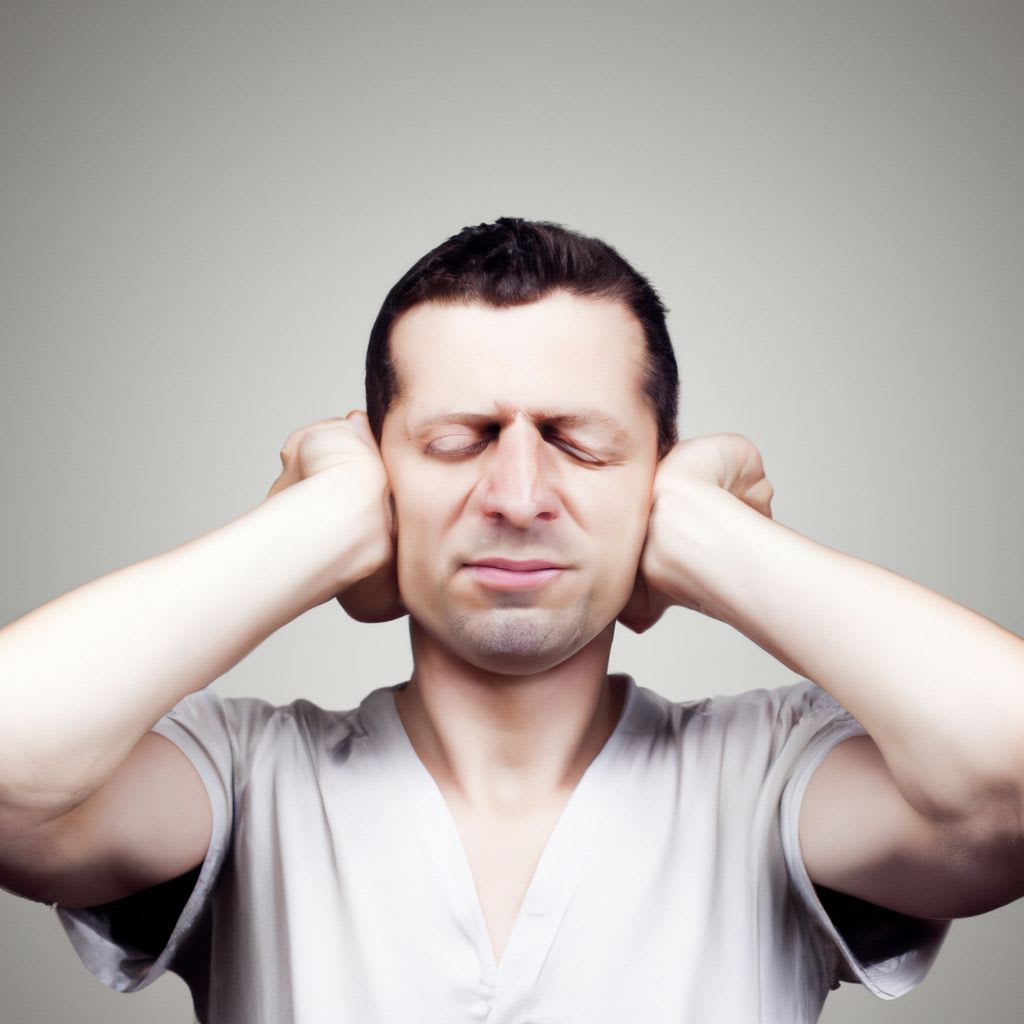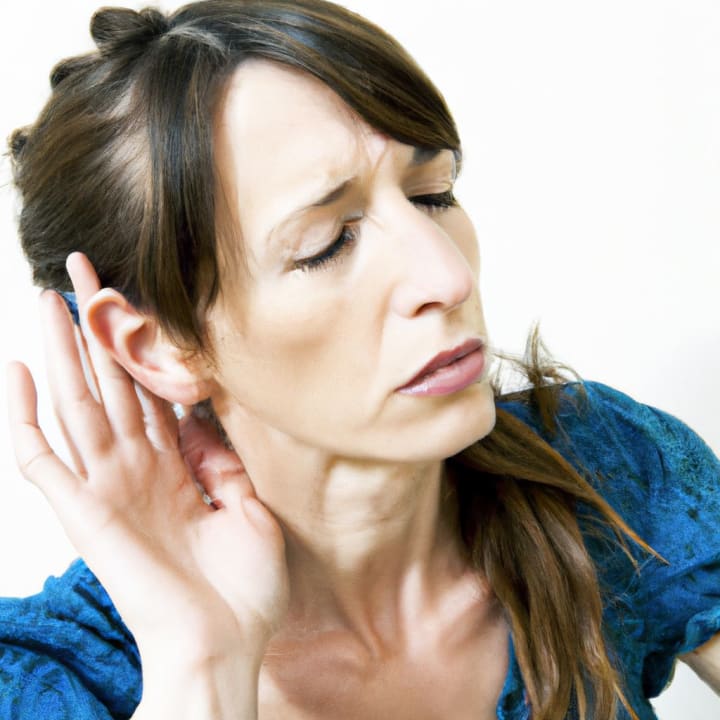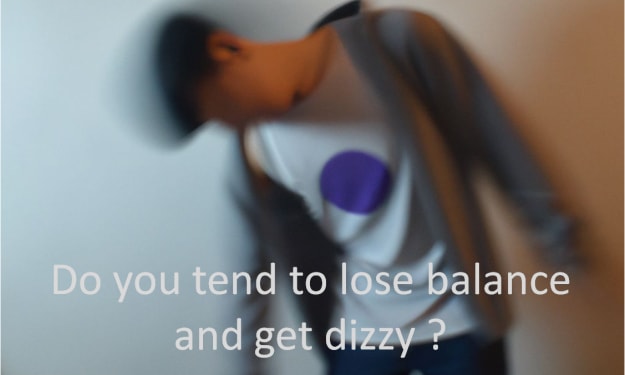
Tinnitus is a condition that causes a person to perceive ringing, buzzing, or other sounds in their ears that are not present in the external environment. There are many possible causes of Tinnitus, and the severity of the symptoms can vary from person to person. While Tinnitus can be frustrating and disruptive to a person's quality of life, it is generally not a sign of a serious underlying condition.
There are several reasons why Tinnitus can get worse over time:
Exposure to loud noise - Prolonged exposure to loud noise, such as listening to music at high volumes or working in a noisy environment, can damage the delicate hair cells in the inner ear that are responsible for transmitting sound signals to the brain. This damage can cause Tinnitus to become more severe over time.
Age-related hearing loss - As a person ages, the structures in the inner ear that are responsible for hearing can become damaged or degenerate. This can lead to hearing loss and Tinnitus, which can become more severe as the person gets older.
Changes in blood flow - Changes in blood flow to the ear or surrounding areas can cause Tinnitus to become more pronounced. This can be due to a variety of factors, such as high blood pressure, stress, or changes in the body's hormonal balance.
Medications - Certain medications, such as antibiotics, antidepressants, and nonsteroidal anti-inflammatory drugs (NSAIDs), can cause Tinnitus as a side effect. If a person's Tinnitus is caused by a medication, stopping or changing the medication may alleviate the symptoms.
Underlying medical conditions - In rare cases, Tinnitus can be a symptom of an underlying medical condition, such as a tumor, thyroid disorder, or autoimmune disease. If a person's Tinnitus is caused by an underlying medical condition, treating the underlying condition may help to alleviate the symptoms.
In summary, Tinnitus can get worse over time due to a variety of factors, including exposure to loud noise, age-related hearing loss, changes in blood flow, medications, and underlying medical conditions. It is important to seek medical advice if Tinnitus is affecting a person's quality of life, as there may be treatments available to help alleviate the symptoms.
If you want to know more about natural remedies, click here

How can Tinnitus be treated?
There are several treatment options available for Tinnitus, depending on the underlying cause and severity of the condition. Here are some of the most common treatments for Tinnitus:
Identifying and treating underlying medical conditions: If Tinnitus is caused by an underlying medical condition, such as high blood pressure or a thyroid disorder, treating that condition may alleviate the Tinnitus symptoms.
Removing earwax: If Tinnitus is caused by a buildup of earwax in the ear canal, removing the earwax can often alleviate the symptoms.
Sound therapy: Sound therapy involves using external sounds, such as white noise or music, to help mask the sounds of Tinnitus and make them less noticeable. Some people find that sound therapy can help reduce their Tinnitus symptoms over time.
Cognitive behavioral therapy (CBT): CBT is a form of therapy that focuses on changing negative thoughts and behaviors. For people with Tinnitus, CBT can help them to manage their emotional reactions to the condition and reduce the impact it has on their daily life.
Medications: Certain medications, such as antidepressants, anti-anxiety drugs, and some anticonvulsants, may be prescribed to help alleviate Tinnitus symptoms. However, these medications can have side effects and may not be effective for everyone.
If you want to know more about natural remedies, click here
Tinnitus retraining therapy (TRT): TRT is a form of therapy that combines sound therapy with counselling to help people with Tinnitus habituate to the sound and reduce their emotional reactions to it.
Lifestyle changes: Making healthy lifestyle changes, such as getting regular exercise, reducing caffeine and alcohol intake, and getting enough sleep, can also help to alleviate Tinnitus symptoms.

It is important to note that while there is no permanent cure for Tinnitus, many people are able to manage their symptoms with treatment and lead full, active lives. If you are experiencing Tinnitus symptoms, it is important to speak with your healthcare provider to determine the underlying cause and develop a treatment plan that is tailored to your individual needs.
If you want to know more about natural remedies, click here





Comments
There are no comments for this story
Be the first to respond and start the conversation.